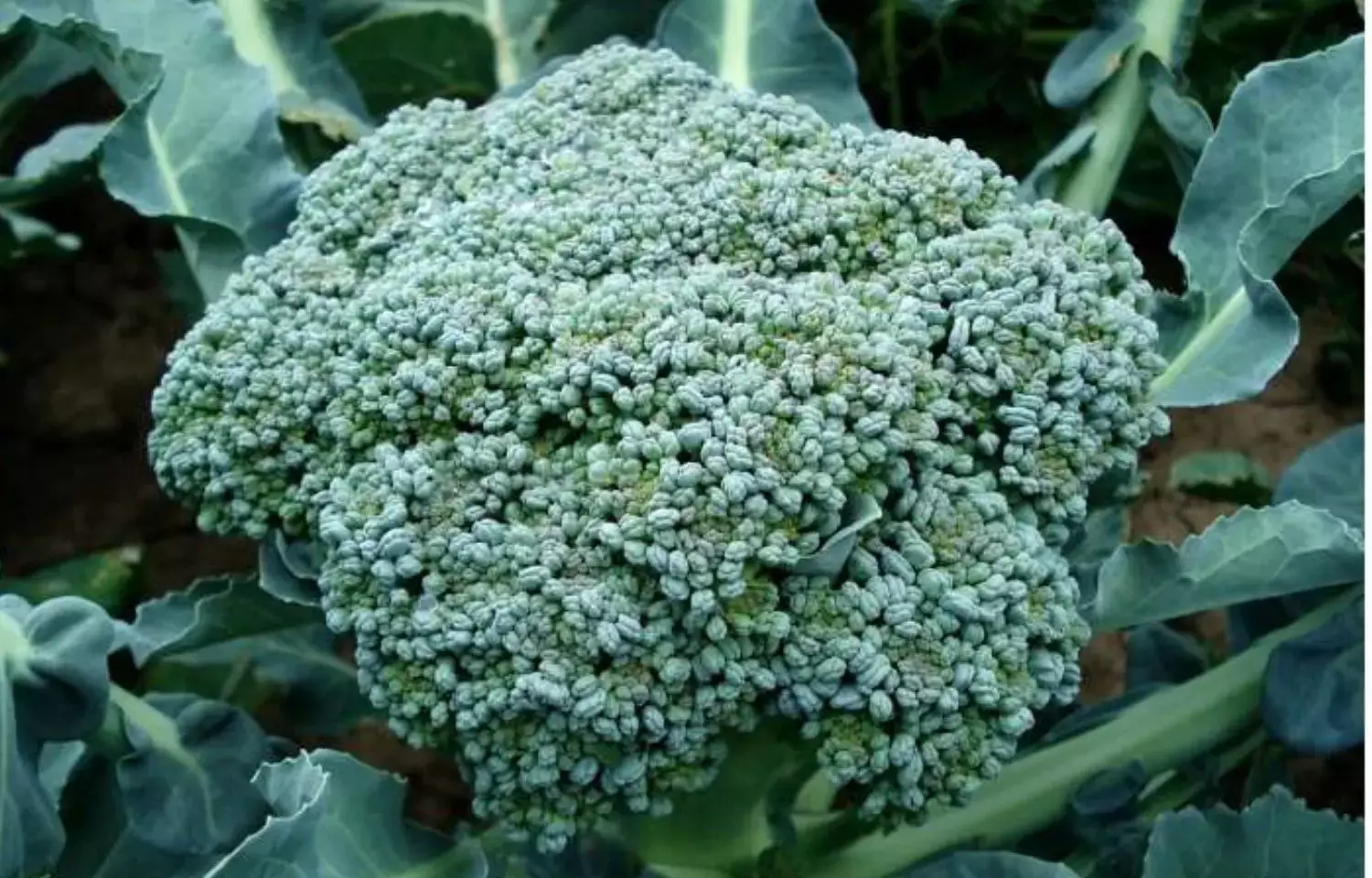- Home
- Medical news & Guidelines
- Anesthesiology
- Cardiology and CTVS
- Critical Care
- Dentistry
- Dermatology
- Diabetes and Endocrinology
- ENT
- Gastroenterology
- Medicine
- Nephrology
- Neurology
- Obstretics-Gynaecology
- Oncology
- Ophthalmology
- Orthopaedics
- Pediatrics-Neonatology
- Psychiatry
- Pulmonology
- Radiology
- Surgery
- Urology
- Laboratory Medicine
- Diet
- Nursing
- Paramedical
- Physiotherapy
- Health news
- Fact Check
- Bone Health Fact Check
- Brain Health Fact Check
- Cancer Related Fact Check
- Child Care Fact Check
- Dental and oral health fact check
- Diabetes and metabolic health fact check
- Diet and Nutrition Fact Check
- Eye and ENT Care Fact Check
- Fitness fact check
- Gut health fact check
- Heart health fact check
- Kidney health fact check
- Medical education fact check
- Men's health fact check
- Respiratory fact check
- Skin and hair care fact check
- Vaccine and Immunization fact check
- Women's health fact check
- AYUSH
- State News
- Andaman and Nicobar Islands
- Andhra Pradesh
- Arunachal Pradesh
- Assam
- Bihar
- Chandigarh
- Chattisgarh
- Dadra and Nagar Haveli
- Daman and Diu
- Delhi
- Goa
- Gujarat
- Haryana
- Himachal Pradesh
- Jammu & Kashmir
- Jharkhand
- Karnataka
- Kerala
- Ladakh
- Lakshadweep
- Madhya Pradesh
- Maharashtra
- Manipur
- Meghalaya
- Mizoram
- Nagaland
- Odisha
- Puducherry
- Punjab
- Rajasthan
- Sikkim
- Tamil Nadu
- Telangana
- Tripura
- Uttar Pradesh
- Uttrakhand
- West Bengal
- Medical Education
- Industry
Could a phytochemical derived from vegetables like broccoli be the answer to antibiotic resistant pathogens?

Antibiotic resistant bacterial pathogens are increasingly playing a role in rising illness and preventing wound healing, especially in hospitals. While more and more pathogens have developed biofilms that protect them from being eradicated by antibiotics, fewer classes of antibiotics are being developed.
Researchers from Ben-Gurion University of the Negev decided to go in a different direction and investigated a phytochemical derived from cruciferous vegetables such as broccoli that breaks down the biofilm.
The phytochemical 3,3'-diindolylmethane (DIM) successfully broke down the biofilms protecting two different pathogens including Acinetobacter baumannii and Pseudomonas aeruginosa– enabling their eradication 65% and 70% of the time, respectively. Combined with antibiotics, that number jumped to 94%.
Prof. Ariel Kushmaro, Dr. Karina Golberg and his team together with Prof. Robert Marks, all of them members of the Avram and Stella Goldstein-Goren Department of Biotechnology Engineering at BGU chronicled their findings in the peer-reviewed journal Pharmaceutics (doi.org/10.3390/pharmaceutics14050967) recently.
Additionally, when they introduced DIM into an infected wound, it sped up the healing process significantly, the team found.
"Our findings show promise for other avenues of research in addition to known classes of antibiotics," says Prof. Kushmaro. Further development and commercialization of the technology is currently being done at the startup company LifeMatters http://lifematters.co.il
Additional researchers from Prof. Kushmaro's lab included: Bat-el Kagan, Sigalit Barzanizan, Dr. Karin Yaniv and Dr. Esti Kramarsky-Winter. They collaborated with researchers from Near East University and Girne American University in Cyprus.
The research was supported by the National Institute for Biotechnology in the Negev and Israel's Ministry of Science and Technology.
Prof. Kushmaro is also a member of the Goldman Sonnenfeldt School of Sustainability and Climate Change, and the Ilse Katz Center for Nanoscale Science and Technology.
Reference:
Golberg, K.; Markus, V.; Kagan, B.-e.; Barzanizan, S.; Yaniv, K.; Teralı, K.; Kramarsky-Winter, E.; Marks, R.S.; Kushmaro, A. Anti-Virulence Activity of 3,3′-Diindolylmethane (DIM): A Bioactive Cruciferous Phytochemical with Accelerated Wound Healing Benefits. Pharmaceutics 2022, 14, 967. https://doi.org/10.3390/pharmaceutics14050967
Dr Kamal Kant Kohli-MBBS, DTCD- a chest specialist with more than 30 years of practice and a flair for writing clinical articles, Dr Kamal Kant Kohli joined Medical Dialogues as a Chief Editor of Medical News. Besides writing articles, as an editor, he proofreads and verifies all the medical content published on Medical Dialogues including those coming from journals, studies,medical conferences,guidelines etc. Email: drkohli@medicaldialogues.in. Contact no. 011-43720751


